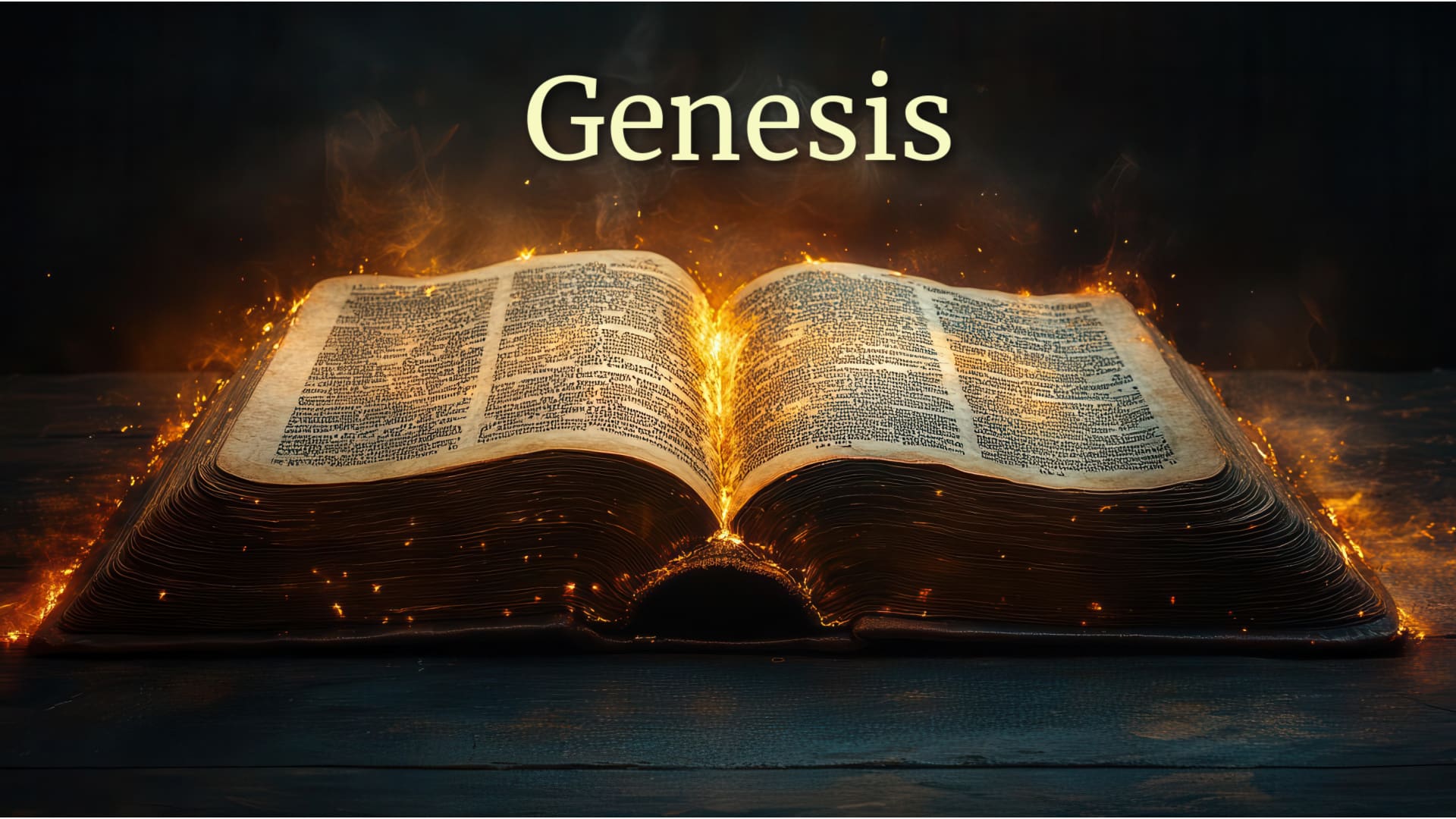
Genesis 15: Abram’s Belief & God’s Covenant/Oath Concerning the land
And [Abram] believed the Lord; and He reckoned it to him as righteousness … On the day the Lord made a Covenant with Abram, saying, “To your descendants I will give this land …” Genesis 15:6, 18
The Abrahamic Covenant rests upon the four pillars of Chapters 12, 15, 17 and 22. In the last post we touched upon chapter 12 where God called Abram to a land and his response. We now go to chapter 15 where God encounters Abram with a declaration and ceremony to formalize His oath of covenant with an emphasis on land.
God tells Abram not to be afraid. This is because He will be Abraham’s shield. The following phrase can be understood as an appositive, and translated “… your very great reward” (i.e. God will be your very great reward), or as a noun sentence “… your reward will be very great.” The fact that it can be read both ways in Hebrew suggests that either can be legitimately read, and both implied.
Abram’s response would indicate that the first possibility passes over Abram’s head, and that he took it as the noun sentence, the promise of great reward. He was rich and had all he could ever want except a son! God Promises that his adopted heir Eliezer would not inherit the land, but his own son would. Taking Abram out into the night Sky, God promises that his heirs will be like the stars in number. Staring up at the stars, Abram responds in faith. This critical moment of subjective response demonstrates Abram’s interior attitude, an attitude that God values in humanity since the fall. We may call it “original” attitude, the attitude that God designed humanity to have, the very opposite of Adam and Eve’s attitude in autonomous rebellion. God is pleased, and this is what is meant here by “reckoned it to him as righteousness” (v. 6).
This moment sets up the main event of the covenant; the promise of land and the oath ceremony (vv. 7ff.). Abram’s request “O Lord God, how am I to know that I shall possess it” does not contradict his faith. Rather, his subjective attitude (faith) demands an objective action formalized materially for it to be complete. He is both spiritual and material; he must receive and experience covenant both spiritually and materially, with his whole being. Every covenant is a wedding of heaven and earth, the invisible and the physical. To the Hebrew, faith without ritual, without act, was absurd and without meaning.
Abram brings forward a 3 year heifer, she-goat, ram, a turtledove, and a young pigeon, and according to treaty format common to the day, he cut them in two except the birds. Solemn oaths were made passing between the pieces with the understanding that should one of the parties fail in their promise, their fate would be like the severed animals. Carrion birds here symbolize demons intent on profaning and preventing the covenant; Abram instinctively drives them off.
God causes a deep sleep (tardēmâ; cf. 2:21) to fall upon Abram, drawing a parallel with Adam at the creation of Eve, the original “first man.” This was not a pleasant dream; it is charged with all the numinous terror of the mysterium tremendum at the very edges of mortal contact with Transcendence. It comes in the form of a burning furnace and the flaming torch passing through the pieces alone. God is swearing by himself that He will fulfill His word, and since He cannot lie and cannot die, the oath is as good as fulfilled. The covenant is established.
The journey to the land in Genesis 12 comes to its climax in the land covenant here in chapter 15. The covenant is acted out on the land itself binding the land to divine promise. Spirituality without land was incomprehensible to the Hebrews, just as subjective faith without objective ritual/action was incomprehensible. The land was spiritual. This seems odd only to those of us in our contemporary culture that is deeply influenced by Platonism and Gnosticism.
0 Comments